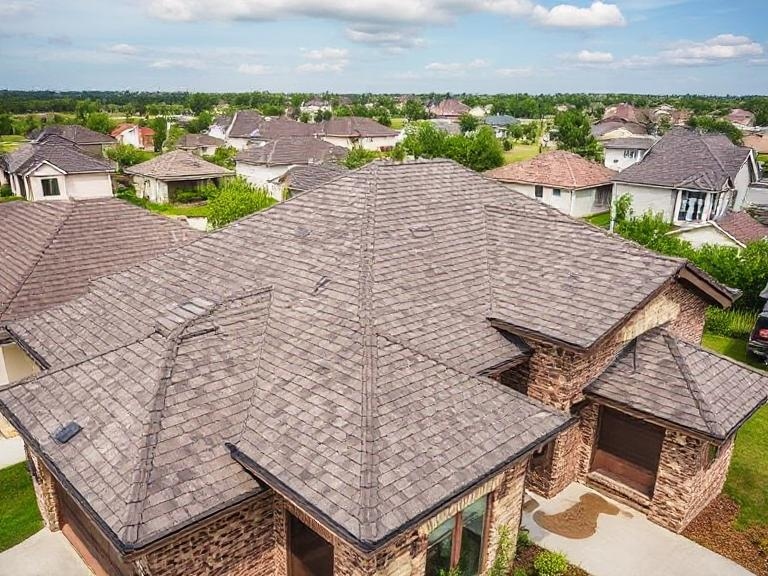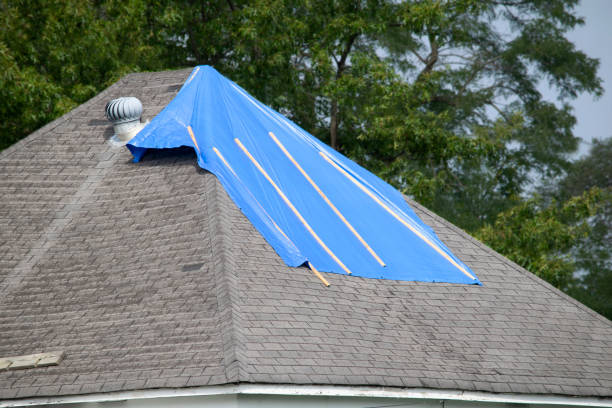Is It Worth Claiming Roof Damage On Insurance? Key Considerations and Common Missteps to Avoid
Introduction
When it comes to homeownership, the roof is often one of the most overlooked components of a house. Yet, it's also one of the most critical elements protecting your home from the elements. Over time, wear and tear can lead to significant roof damage, raising an important question: Is your roof damage worth an insurance claim? This article dives deep into key considerations and common missteps homeowners make when navigating roof damage claims.
Is Your Roof Damage Worth an Insurance Claim?
Understanding Roof Damage
Roof damage can manifest in various forms ranging from minor leaks to major structural failures. Understanding the type and extent of damage is crucial.
- Types of Roof Damage:
- Leaking: Often caused by missing shingles or improper installation.
- Shingle Damage: Can include curling, cracking, or complete loss.
- Structural Issues: More severe damage may involve sagging or buckling roofs.
Initial Assessment of Roof Damage
Before you even think about making a claim, assess the situation carefully.
- Visual Inspections:
- Look for visible signs of damage such as stains or missing shingles.
- Professional Inspection:
- Sometimes it’s best to call in a roofing expert who can provide a thorough evaluation.
Factors That Determine Claim Worthiness
Not all roof damages are created equal when it comes to insurance claims. Here are some factors that could influence whether your claim is justified:
- Extent of Damage: Is it minor wear and tear or significant structural issues?
- Insurance Policy Coverage: Different policies cover different types of damage.
- Age of the Roof: An older roof may be less likely to qualify for coverage than a newer one.
Key Considerations Before Filing a Claim
Review Your Insurance Policy
Before filing any claim, it's essential to understand what your homeowner's insurance covers regarding roof damage:
expert storm damage roof repair Wylie- What specific types of damage are included?
- Are there exclusions that might apply?
Document Everything
When you decide to file a claim, documentation becomes your best friend:
Timing Matters
Filing your claim promptly is crucial:
- Many insurance policies have deadlines for reporting damages.
- Delays could potentially jeopardize your claim.
Common Missteps When Dealing with Roof Damage Claims
Failing to Report Minor Damages
Many homeowners overlook minor damages thinking they aren’t worth claiming. However:
- Even small issues can escalate into larger problems if not addressed promptly.
Neglecting Maintenance Records
Insurance companies love documentation. If you've kept up on maintenance, make sure you can prove it:
- Provide records of previous repairs or inspections when submitting your claim.
Not Consulting with Professionals
While DIY projects can save money, they may not always be sufficient for assessing roof damage:
- Consulting professionals provides expert opinions that can strengthen your claim.
The Role of Adjusters in Roof Damage Claims
Understanding Insurance Adjusters' Responsibilities
Insurance adjusters play a pivotal role in evaluating claims:
How to Prepare for an Adjuster Visit
Being prepared will help ensure that everything goes smoothly during their visit:
- Have all documentation ready.
- Be honest about past problems with your roof.
What Happens After You File Your Claim?
Claim Processing Timeline
Once you've submitted your claim, here’s what generally happens next:
Appealing Claims Denials
If your initial claim is denied, don’t lose hope! You have options:

Common Questions Homeowners Ask About Roof Damage Claims
1. What type of storm damage is usually covered by homeowners insurance?
Most policies cover wind and hail damage but check for specific exclusions related to certain types of storms or events.
2. How much will my deductible affect my decision to file?
Your deductible plays a significant role; if repair costs are only slightly above it, filing might not be beneficial financially.
3. Can I choose my contractor for repairs?
Yes! However, some insurers may recommend contractors they work with frequently but you ultimately have the right to choose yours.


4. Will filing a claim raise my premiums?
Filing claims can potentially lead to higher premiums down the line; however, this varies by provider and individual circumstances.
5. Do I need multiple estimates before filing a claim?
While not mandatory, obtaining multiple estimates provides leverage during negotiations with your insurer regarding repair costs.
6. How does depreciation affect my roof replacement cost?
Your insurer may factor in depreciation when determining how much they’ll pay out on older roofs versus newer ones—an important consideration!
Conclusion: Making Sense of Your Options
Navigating roof damage claims doesn’t have to be overwhelming if you thoroughly understand the process and take steps proactively—like documenting every detail concerning your issue! Knowledge is power here; being informed allows you more control over how you handle this often-stressful aspect of homeownership!
Whether you're facing minor leaks or major structural issues due to weather conditions or age-related wear-and-tear on roofing materials—remember that understanding whether "Is Your Roof Damage Worth an Insurance Claim? Key Considerations and Common Missteps to Avoid" also means knowing how best prepare yourself through research about coverage options available within policies tailored specifically toward protecting homes like yours!